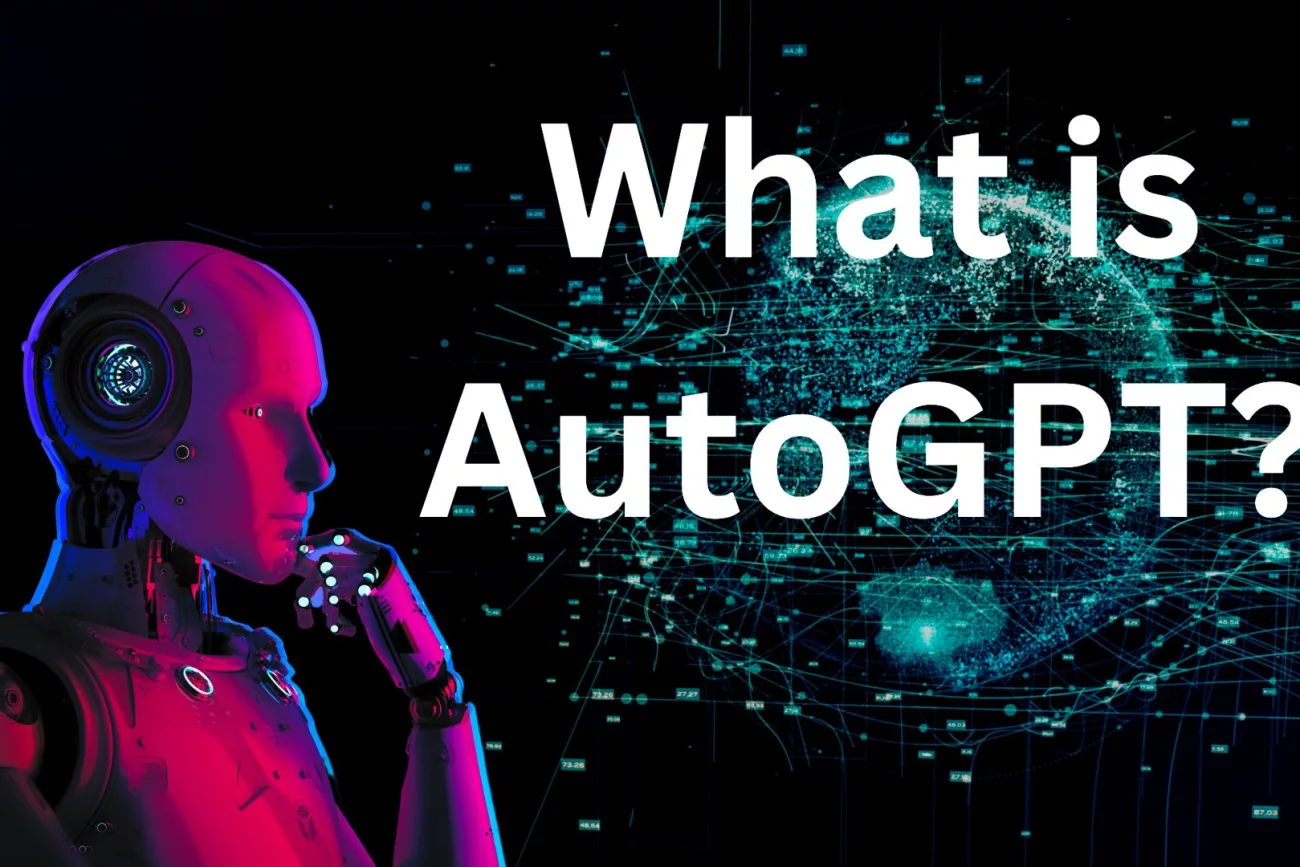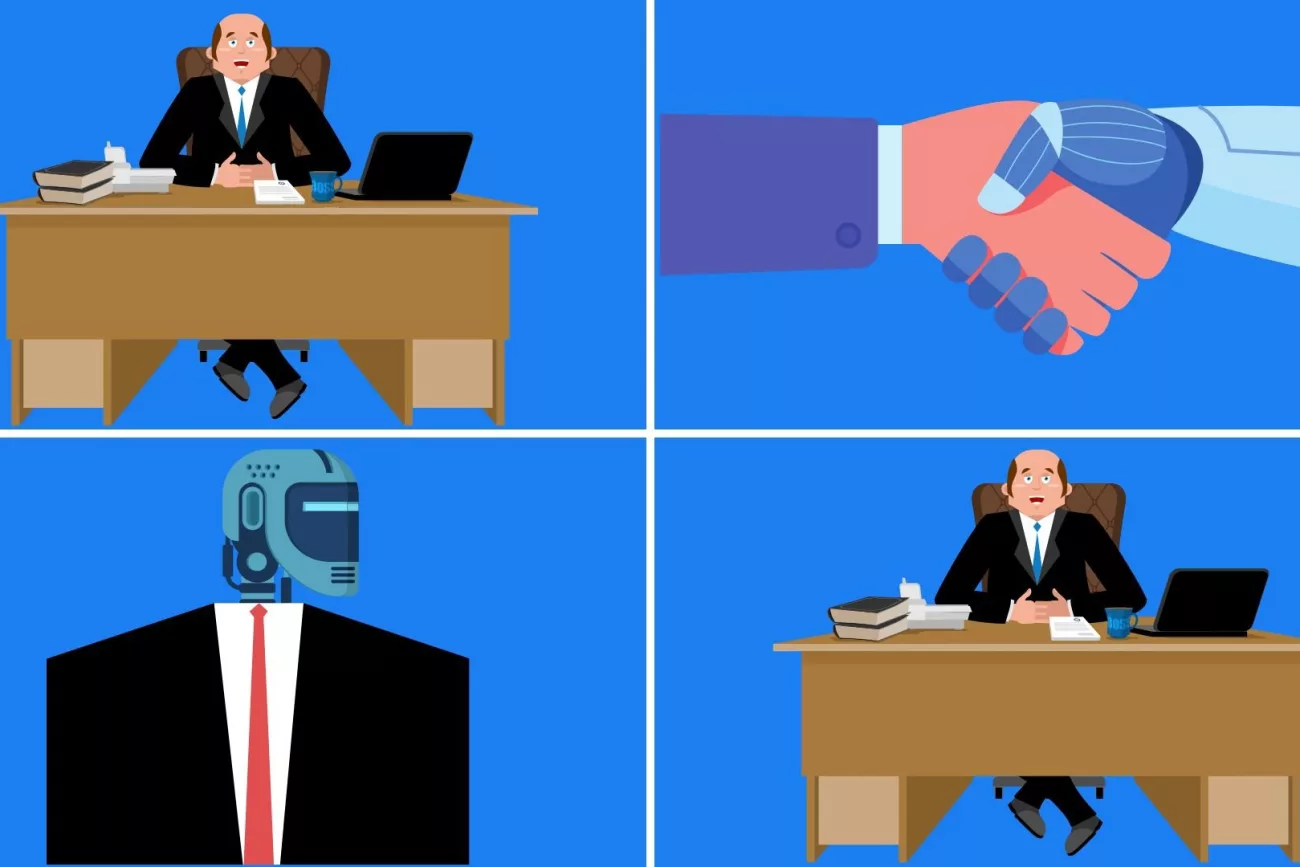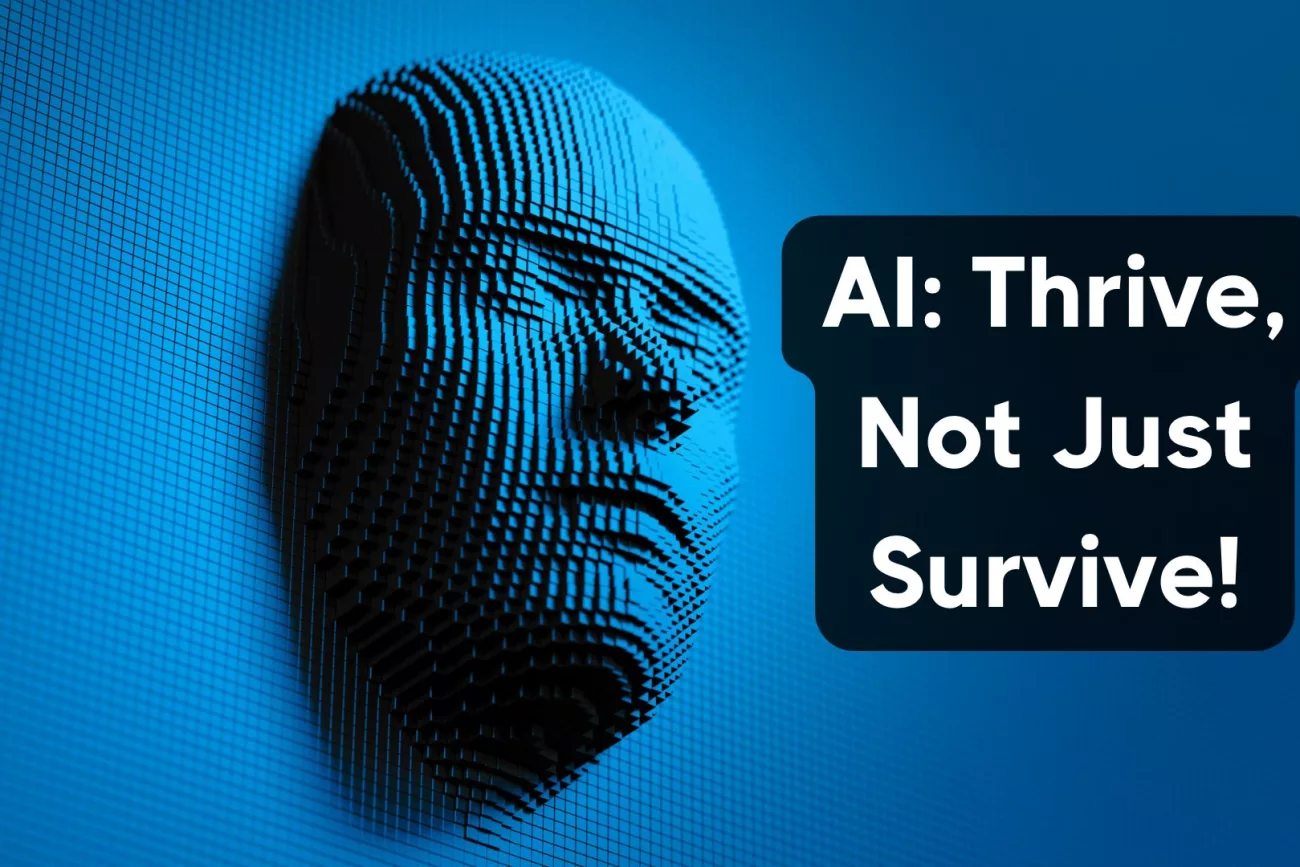
Key Points:
- AutoGPT is an advanced generative AI model with enhanced language understanding, multilingual support, and adaptability across various domains.
- Limitations of AutoGPT include incomplete knowledge, context retention issues, and ethical concerns related to potential misuse.
- AutoGPT is not yet an example of Artificial General Intelligence (AGI), but it significantly impacts autonomous agents through improved communication and context-aware decision-making.
- The future of generative AI promises greater adaptability, enhanced creativity, and seamless human-AI collaboration as models continue to evolve.
Introduction to AutoGPT
In recent years, the field of artificial intelligence (AI) has witnessed remarkable advancements with the development of generative models like OpenAI’s GPT series. AutoGPT is the latest addition to this lineage, bringing about substantial improvements in AI capabilities.
AutoGPT is a state-of-the-art generative AI model that leverages advanced machine learning techniques to generate human-like text. Its underlying architecture enables it to understand context, engage in meaningful conversations, and produce high-quality content across diverse domains.
Key Features of AutoGPT
Enhanced Language Understanding
AutoGPT’s ability to parse and comprehend language surpasses that of its predecessors. The model achieves this by utilizing a larger dataset and advanced algorithms, enabling it to understand context and produce coherent, contextually relevant responses.
Multilingual Support
The model supports multiple languages, making it ideal for global applications. AutoGPT’s multilingual capabilities stem from its extensive training data, which incorporates a broad range of languages and dialects.
Adaptability Across Domains
AutoGPT is designed to be adaptable across various domains, making it suitable for a wide array of applications, including content generation, customer support, and natural language processing.
The Limitations of AutoGPT
Despite its impressive capabilities, AutoGPT has its limitations, which are important to acknowledge for a comprehensive understanding of the technology.
Incomplete Knowledge
AutoGPT’s knowledge is limited by the training data it has been exposed to. As a result, it may not be able to provide accurate information on topics beyond its training scope or recent developments.
Context Retention
While AutoGPT demonstrates an improved ability to retain context, it may still struggle with longer conversations or complex narratives that require deep contextual understanding.
Ethical Concerns
The potential for misuse of AutoGPT’s text generation capabilities raises ethical concerns, including the spread of misinformation, manipulation of public opinion, and plagiarism.
Artificial General Intelligence (AGI) and AutoGPT
Although AutoGPT represents a significant step forward in AI capabilities, it is not yet an example of Artificial General Intelligence (AGI). AGI refers to AI systems that possess the ability to perform any intellectual task that a human being can do. AutoGPT, while advanced, is still a specialized AI model that excels in specific domains.
AutoGPT’s Influence on Autonomous Agents
AutoGPT has substantial implications for autonomous agents, including:
Improved Natural Language Interaction
AutoGPT enables autonomous agents to better understand and generate human-like language, enhancing their communication capabilities and making them more effective in human-facing roles.
Context-Aware Decision Making
With AutoGPT’s improved contextual understanding, autonomous agents can make better-informed decisions, adapt to varying situations, and provide more accurate responses.
The Future of Generative AI
AutoGPT is just the beginning of what generative AI has to offer. As AI models continue to improve, we can anticipate more advanced capabilities, including:
Greater Adaptability
Future generative AI models will be more adaptable and capable of learning from a wider array of domains, enabling them to perform tasks across multiple industries and disciplines.
Enhanced Creativity
As generative AI models become more advanced, their creative capabilities will also evolve. This will lead to AI systems that can generate original content, such as artwork, music, and literature, further pushing the boundaries of what AI can achieve.
Seamless Human-AI Collaboration
As generative AI models improve in language understanding and contextual awareness, they will be better equipped to collaborate with humans on complex tasks, leading to more efficient problem-solving and innovation.
Conclusion
AutoGPT represents a significant leap in generative AI technology, with its advanced language understanding, multilingual support, and adaptability across domains. However, it is essential to recognize its limitations and the ethical concerns that arise from its potential misuse. As generative AI models continue to evolve, we can expect even more impressive capabilities and a broader range of applications in the future. The impact of AutoGPT and other advanced generative AI models on autonomous agents will likely lead to improved communication, context-aware decision-making, and enhanced collaboration between humans and AI.














